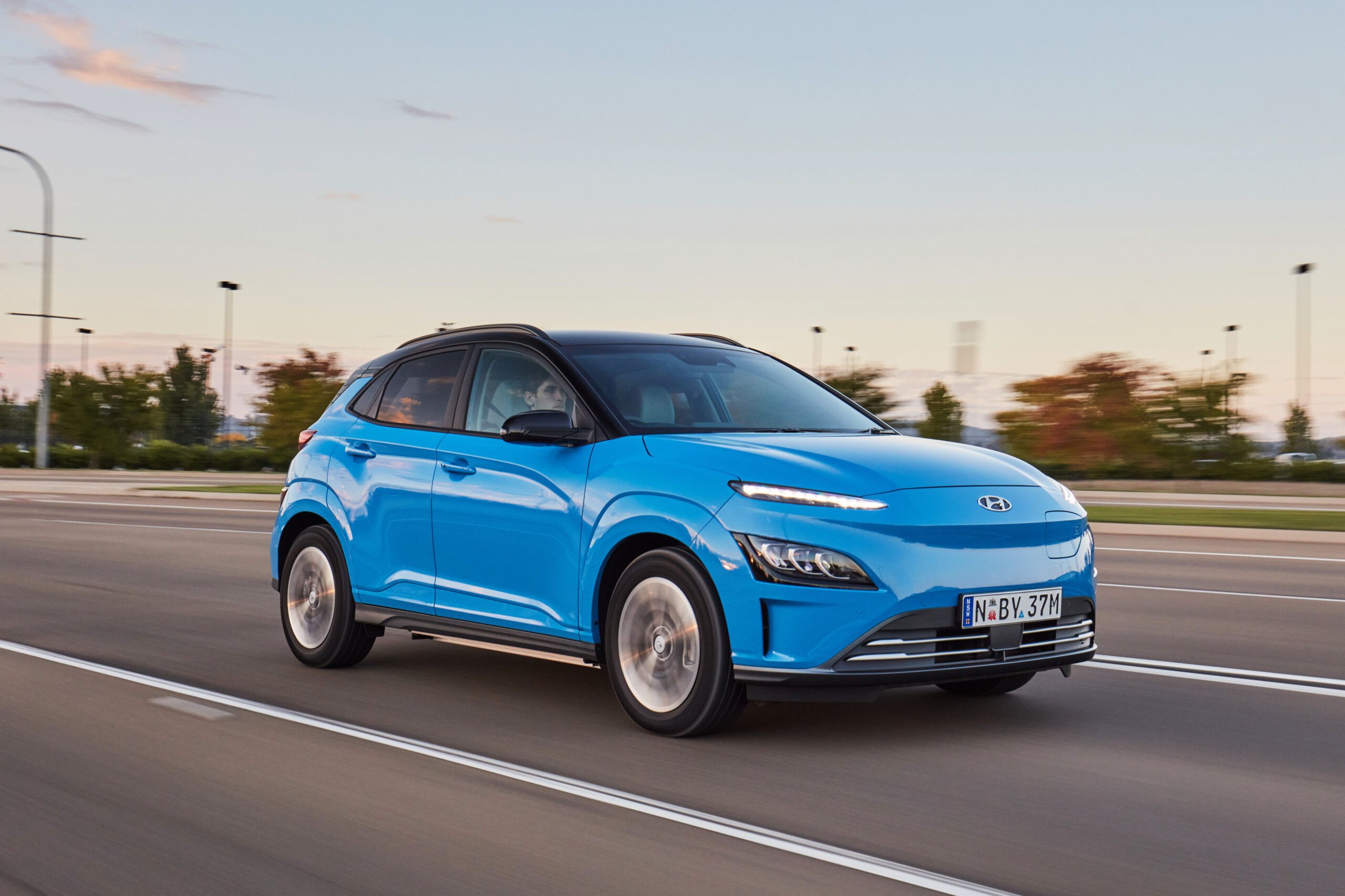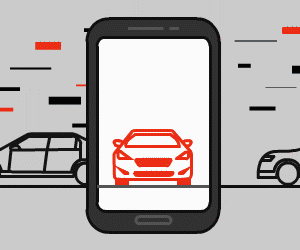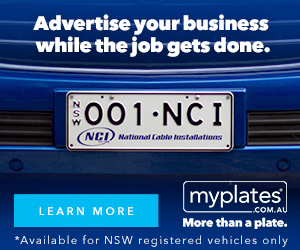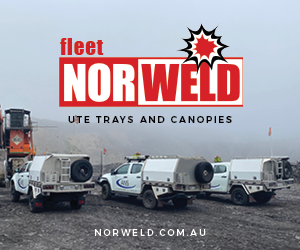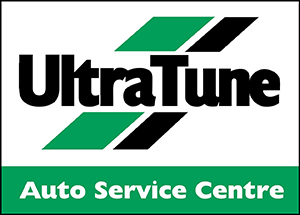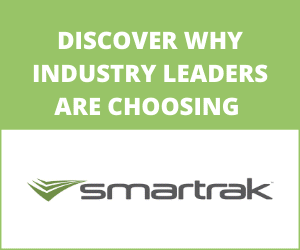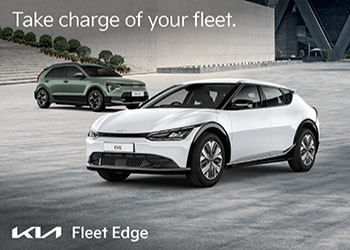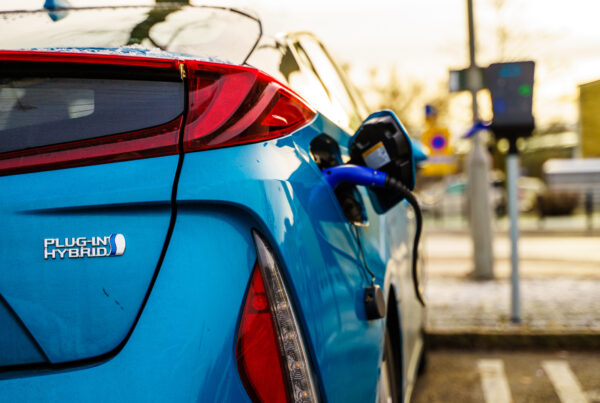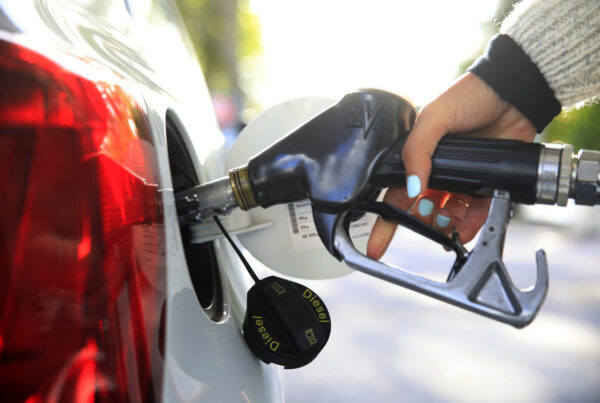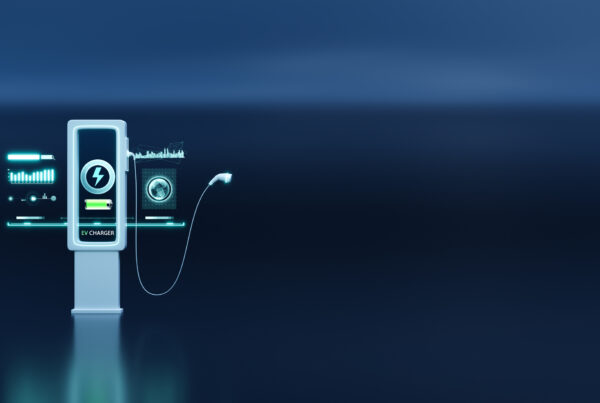Want to get your executives and management informed about EVs and agreeing to some specific targets which will enable real action and momentum? Joining EV100 is a great way to go.
EV100 is a global project of the London-based Climate Group. EV100 aims to transition road fleets to 100% EV by 2030, (where feasible).
EV100 members include leading companies around the world, with both large and small fleets, including most sectors from logistics (e.g. DHL) to finance (e.g. NatWest Bank) to telecommunications (British Telecom) to energy (e.g. Electricite De France) to consumables (Coca Cola), among others. In Australia, AGL and Origin Energy are currently the only Australian members.
New members are given a year to devise a transition strategy and are then asked to report on progress annually. There is a modest annual membership fee.
The primary internal benefits are to initiate internal discussion and to inform and align stakeholders. Externally, joining EV100 and transitioning to EVs is a great way to display corporate leadership.
Following commitment to join, the organisation has a documented set of targeted commitments to aim for and can start to plan and implement the transition – most importantly, with executive support.
The EV100 organisation provides exposure to best practice – globally – with regular idea-sharing sessions among members from all around the world.
How to implement EV100
So, your organisation is investigating joining EV100. Is it reasonable to make a commitment to electrify the fleet by 2030? Can it be achieved? Is it necessary, or possible, to install chargers for staff and even visiting customers?
The biggest difficulty in getting agreement to join EV100 is often identifying and enlisting an executive to sign off the commitment. The executive will require informed buy-in from management across different parts of the organisation. That process of developing informed support requires the identification of potential barriers. Addressing those issues can convince the various stakeholders that the process is desirable, feasible and viable.
Common barriers perceived by various parts of the organisation include, inter alia:
- The (currently higher) purchase price of EVs, requiring more capex.
- How to optimise financing of an EV in order to reduce the TCO to near-ICE levels.
- Whether suitable, fit-for-purpose EVs are available in Australia, now, or will be in the future in time to satisfy the 2030 target.
- How to determine whether an EV is a suitable replacement vehicle for a specific duty cycle, especially on the topic of range.
- Is the speed of re-charging compatible with the vehicle-driver’s duty cycle?
- What power of charger is best and is it affordable? What finance approaches are suitable?
- What sort of charging strategy is required at workplaces, at homes, or in the public charging network?
- How can charging at home be reimbursed?
- Can a site’s electrical infrastructure accommodate multiple chargers?
These are some of the issues that are revealed when considering whether a transition to an EV fleet is possible. They represent valuable and constructive questions to be thoughtfully considered. The process of resolving them can provide value by informing and aligning executives, management and drivers.
Bede Doherty led the EV100 membership project at AGL Energy, the first Australian member and can be contacted via [email protected]. For details on the Climate Group and EV100, click here

